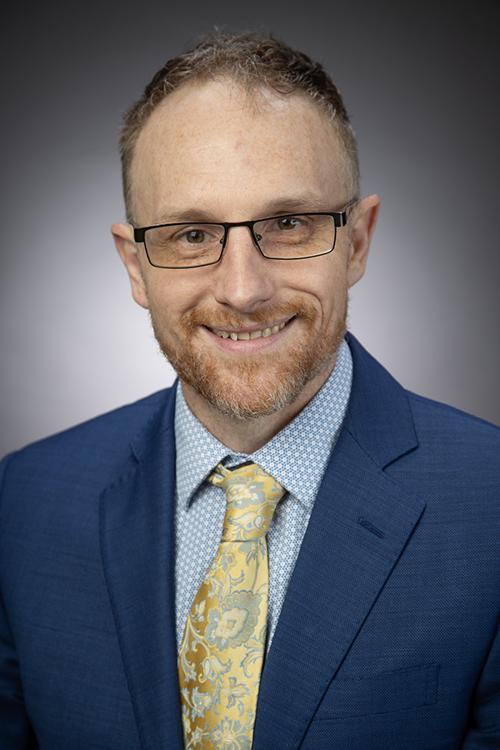A craniotomy is a procedure where a surgeon removes part of the skull to treat one of manyconditions in the brain. While a craniotomy can be a life-saving procedure, any surgery comes with potential risks and can be daunting. Your life expectancy after a craniotomy depends on several factors. Let’s take a look at the possible outcomes!
Why was the craniotomy performed?
Your life expectancy after a craniotomy largely depends on why you need brain surgery. A craniotomy may be done to treat:
- A non-cancerous brain tumor. If the tumor is non-cancerous and is removed successfully, patients can expect to live a normal life.
- A brain injury, bleed or aneurysm. Recovery from a craniotomy in the event of an injury or bleed depends on the severity of the condition.
- Brain cancer. Depending on the type of cancer, a patient’s life expectancy can be shorter.
In each case, the surgeon will remove a piece of the skull to access the area needing attention and then replace and secure the bone flap at the end of surgery.
Other factors that affect life expectancy
There are also other factors to consider that may affect your quality and length of life after a craniotomy. Some of these include:
- Age: Generally speaking, younger patients recover from surgery quicker and better.
- Overall health: If you have other health concerns, such as poorly controlled high blood pressure or diabetes, your life expectancy after a major surgery like a craniotomy may be affected.
- Surgical complications: Unfortunately, every medical and surgical intervention comes with risks, and recovery and life expectancy can also be determined by how well the surgery went and if there were any complications along the way.
Recovering from a craniotomy
Immediately after the surgery, you can expect to stay in the hospital overnight until it’s safe for you to continue your recovery from home. You may be in the hospital for a few days or longer, depending on the reason for the surgery. Depending on the reason for the craniotomy, such as a traumatic brain injury, you may be moved to a rehabilitation facility after your stay at the hospital and before you return home.
To recover well from a craniotomy, be sure to follow your physician’s instructions and any guidelines provided by your care team. They will give you instructions about returning to work or school, exercise and your regular activities.
You can also expect several follow-up appointments after the procedure for your surgeon to monitor your healing process and ensure you meet milestones along the way. If the craniotomy was performed due to brain cancer, your care will continue in collaboration with your oncology care team.
Follow-up surgery: cranioplasty
In some cases, recovery from a craniotomy involves a second surgery called cranioplasty, if a part of the skull is left off during the initial procedure (known as a craniectomy). A decompressive craniectomy is used to relieve pressure on the brain, particularly when there’s swelling or bleeding after a traumatic brain injury or stroke.
During a cranioplasty, surgeons replace the missing bone with the original bone which has been specially stored or with synthetic materials such as titanium mesh or advanced 3D printed implants. This surgery usually takes place from a few weeks to a few months, or longer, after a craniotomy.
Cranioplasty plays an important role in the long-term prognosis after a craniectomy. This procedure helps restore the normal shape and function of the skull which supports and protects the brain. All of these benefits support a better quality of life and may improve life expectancy.
Life expectancy after any brain surgery, including cranioplasty, requires similar recovery time at the hospital and at home. Your neurosurgery team will advise you on the best post-operative care instructions for you to heal and recover.
Finding the right team
Whenever you undergo major surgery, it’s essential to ensure you have the right team. The surgical experts at Northeast Georgia Physicians Group Neurosurgery will comprehensively evaluate your health to identify the best course of action for the best possible outcome.



